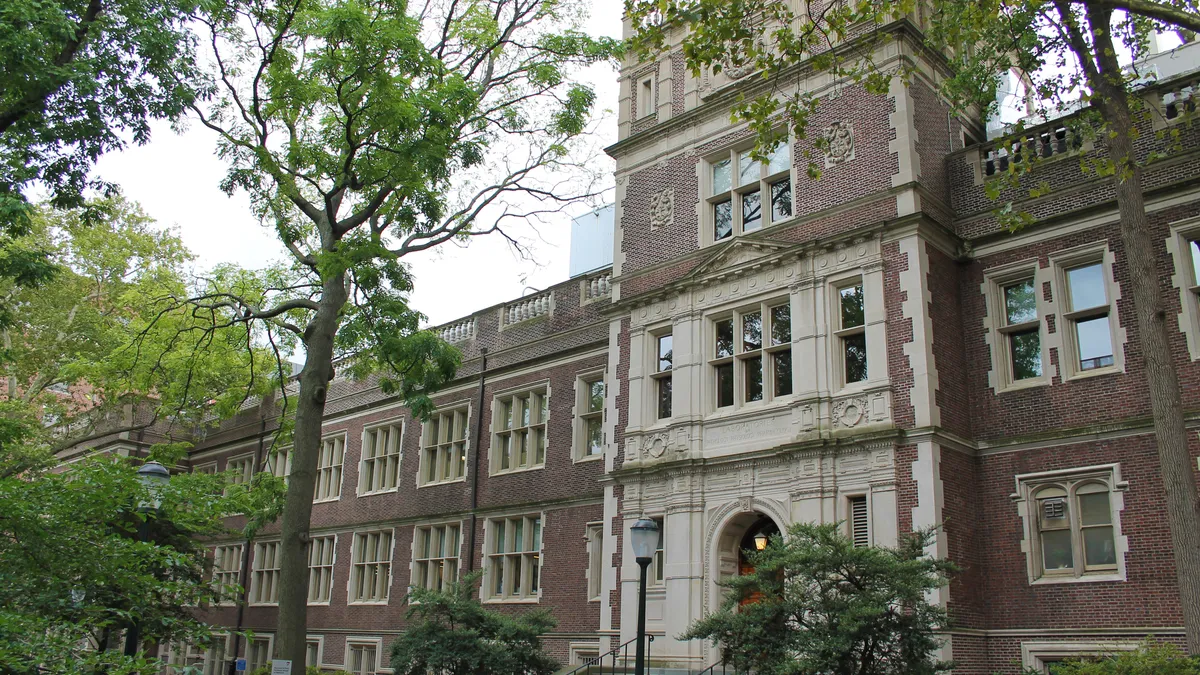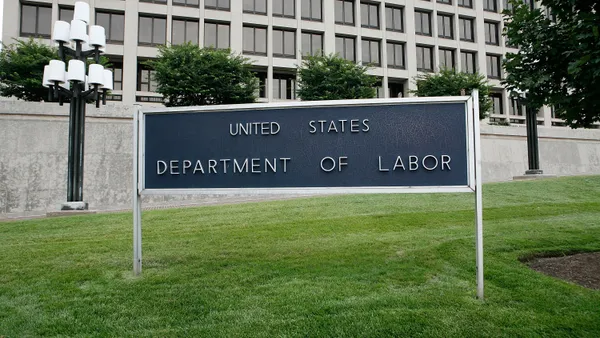Dive Brief:
- The seven community colleges in the City University of New York system cut the number of students requiring remedial courses dramatically in one year by changing policies that determine if students need the support, the New York Post reported.
- Some critics suggest CUNY lowered standards — particularly in math — too far, but the institution says incoming students are better prepared and that standards for requiring remediation were unfair and required math instruction that students wouldn’t use. It also said remediation courses increased the chances students would drop out, a claim researchers have recently supported.
- About 80% of CUNY's incoming freshmen took remedial courses in 2016, but that number dropped to 62% in the fall of 2017. The number of students requiring remedial math instruction dropped from 73% to 52% over the same period.
Dive Insight:
The Center for American Progress has reported testing for placement in remediation unfairly requires about half of freshmen take the courses, making college more expensive and often causing higher drop-out rates. The report showed African-American and Latino students more often have to enroll in remedial courses, and that on-time completion rates for students in remediation is only 10%, while many never graduate at all.
California community colleges are developing policies in response to a new state law that attempts to limit the effect of over-reliance on remediation. The state joined Texas, Florida and Connecticut in passing such legislation, according to a Brookings Institution report.
Many experts say remediation requirements are a factor in increasing dropout rates because they raise the cost of college so that students can’t continue and discourage students. The U.S. Education Department has noted that while the number of students going to college has increased significantly since 2000, the number of graduates has not kept pace. Another report showed that one in five students will drop out before their second year.













